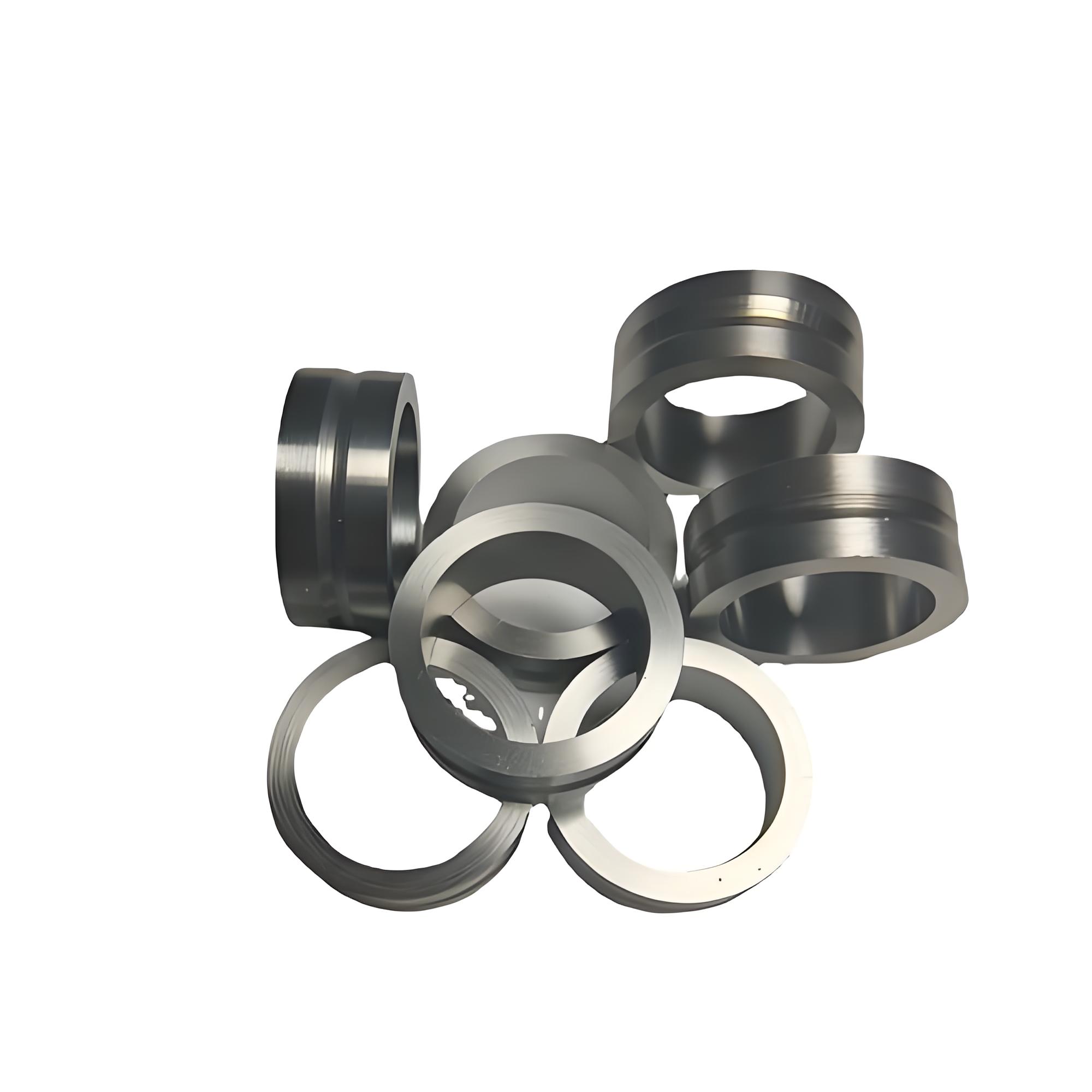Tel: +86-17791247851
E-mail: jocelyn.Tang@bycti.cn
Tel: +86-17791247851
E-mail: jocelyn.Tang@bycti.cn
Titanium tubes offer significant advantages in terms of environmental protection and sustainable development, making them a preferred choice in numerous fields. Below, we will explore in detail the main advantages of titanium tubes in environmental protection and sustainable development.

Firstly, titanium tubes exhibit excellent corrosion resistance, making them highly effective in handling corrosive media. In many chemical, pharmaceutical, and marine engineering applications, pipeline systems are exposed to various corrosive substances such as acids, alkalis, and salts. Traditional metal pipelines often struggle to withstand such corrosion, whereas titanium tubes can operate stably over long periods, reducing the frequency of leaks and replacements due to corrosion. This, in turn, lowers the potential risk of environmental pollution.
Secondly, titanium tubes possess superior biocompatibility, which makes them widely applicable in industries such as medicine, food, and pharmaceuticals. Titanium tubes do not release harmful substances to biological tissues nor cause allergic reactions, making them safe for use in the manufacture of medical implants and devices. Additionally, in the food and pharmaceutical sectors, the use of titanium tubes ensures product purity and safety, avoiding quality issues caused by pipeline material contamination.
Moreover, titanium tubes are highly recyclable. As resources become increasingly scarce, recycling has become a crucial pathway for sustainable development. As a metal material, titanium tubes can be reused through specialized recycling and regeneration processes, reducing dependence on primary resources and decreasing energy consumption and waste emissions. This recyclability not only helps protect the environment but also brings economic benefits to businesses.
Furthermore, titanium tubes have a long service life and low maintenance costs. Due to their excellent corrosion resistance and strength, titanium tubes can operate stably for long periods in harsh environments, reducing downtime and repair costs caused by pipeline failures. This not only enhances production efficiency for businesses but also minimizes negative environmental impacts.
Additionally, the production and use of titanium tubes align with the principles of green manufacturing. During the production process, environmental impact can be reduced by optimizing processes, lowering energy consumption, and minimizing waste emissions. At the same time, the superior performance of titanium tubes during use can reduce environmental pollution and damage, meeting the requirements of sustainable development.
In summary, titanium tubes offer multiple advantages in environmental protection and sustainable development. Their corrosion resistance, biocompatibility, recyclability, long service life, and low maintenance costs make them an ideal choice for environmental protection and sustainable development in many fields. As awareness of environmental protection and sustainable development continues to grow, the application prospects for titanium tubes will become even broader. In the future, we can expect more industries to adopt titanium tubes as a solution for environmental protection and sustainable development, collectively contributing to the creation of a better ecological environment.
This is the first one.


